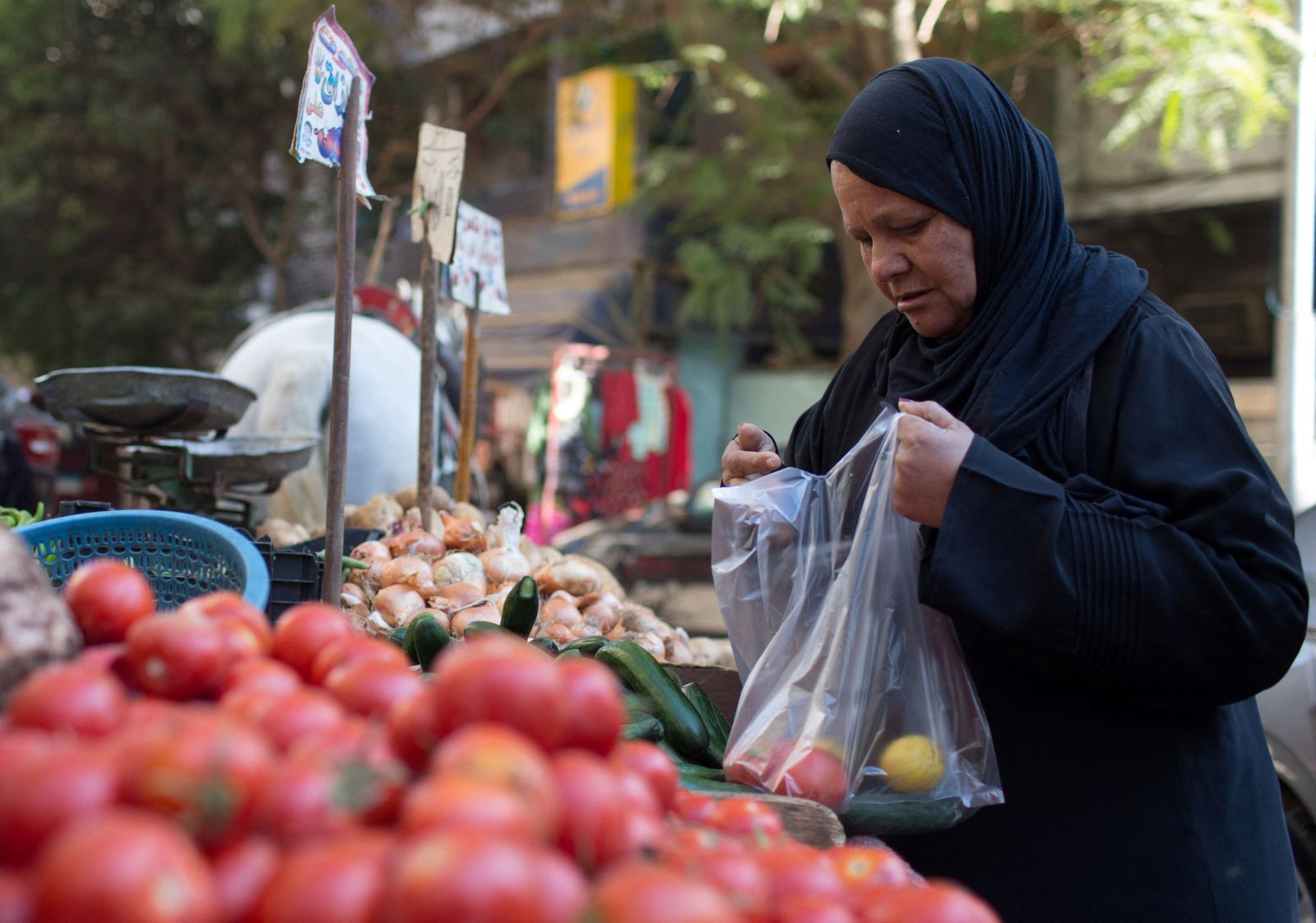Food prices hit record high on January devaluation

Inflation hit a fresh five-year high in January on the back of a record increase in food prices due to the devaluation of the EGP. Figures released on Thursday by state statistics agency Capmas showed that annual urban inflation jumped to 25.8% y-o-y in January, up from 21.3% the month before, driven largely by spiking food costs which surged to 48% from 37.3% in December. Inflation is now at its highest since November 2017.
Analysts were shocked: The pace of last month’s inflation surprised most analysts who had projected a more modest rise in prices, according to Bloomberg. The median forecast in a poll of economists conducted by Reuters had inflation accelerating to 23.75%.
Core inflation hit a more than five-year high as price pressures intensified across the broader economy: Core inflation, which strips out volatile items such as food and fuel, rose to 31.2% in January from 24.4% a month earlier, according to central bank figures (pdf). This is the highest core print since September 2017.
There was no respite for monthly inflation, which rose to 4.7% — its quickest rate since the month following the 2016 devaluation.
The EGP deval, economic headwinds, and import restrictions are still to blame: Successive devaluations of the EGP, the fallout from the war in Ukraine and an FX crunch that has stymied imports continue to push prices higher. The Central Bank of Egypt has allowed the EGP to devalue three times in less than a year as part of its agreement with the IMF to move towards a permanently flexible exchange rate. The EGP has lost almost half of its value against the greenback over the past year, passing the 30 mark at the end of January following a sharp fall.
Foreign inflows have started to return but there are signs that higher rates will be needed to really attract hot money back to the local debt market: Investors told Bloomberg last week that the central bank’s decision to leave interest rates on hold this month was causing them to rethink plans to invest in EGP assets. Though yields on EGP debt are at record highs, real rates are now negative and inflation is now more than 900 bps above the central bank policy rate.
Cue more rate hikes in the coming weeks? Analysts now expect the central bank to respond aggressively to last month’s inflation data with further rate hikes. EFG Hermes and Naeem Holding economists told Bloomberg they now expect another 200-bps worth of hikes in the next few months, while Goldman Sachs isn’t ruling out a surprise increase before the next policy meeting on 30 March.
Could prices to climb higher still? Analysts we recently polled all expect inflation to continue rising in the coming months and to remain elevated over the course of 2023. Factors that will continue prices further upwards include the devaluation, expected fuel and electricity price hikes, and seasonal factors including Ramadan. The central bank is targeting inflation at an average of 7% (± 2%) by 4Q 2024.
The data got a lot of coverage internationally: Reuters, the Associated Press and Bloomberg also covered the January inflation data.